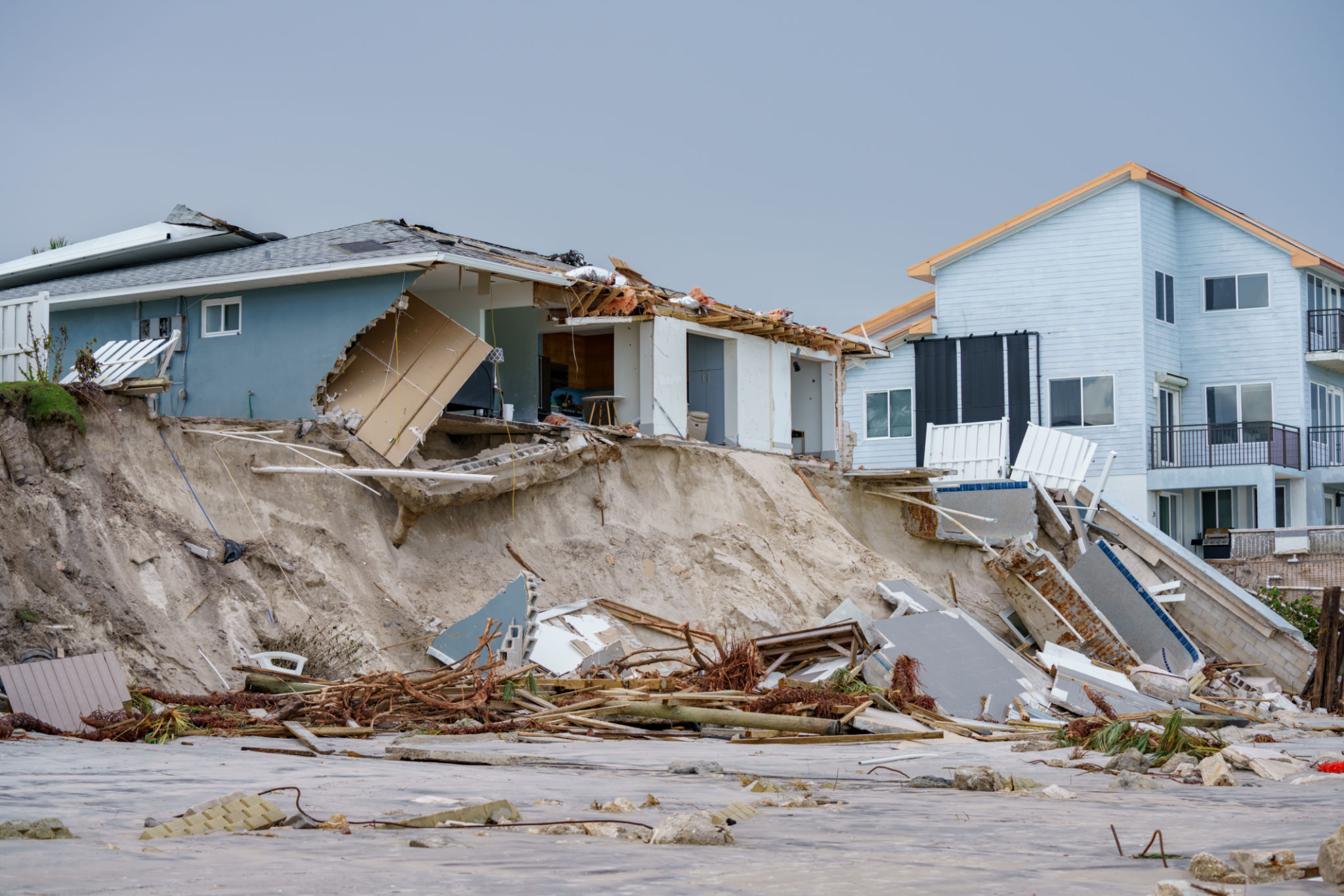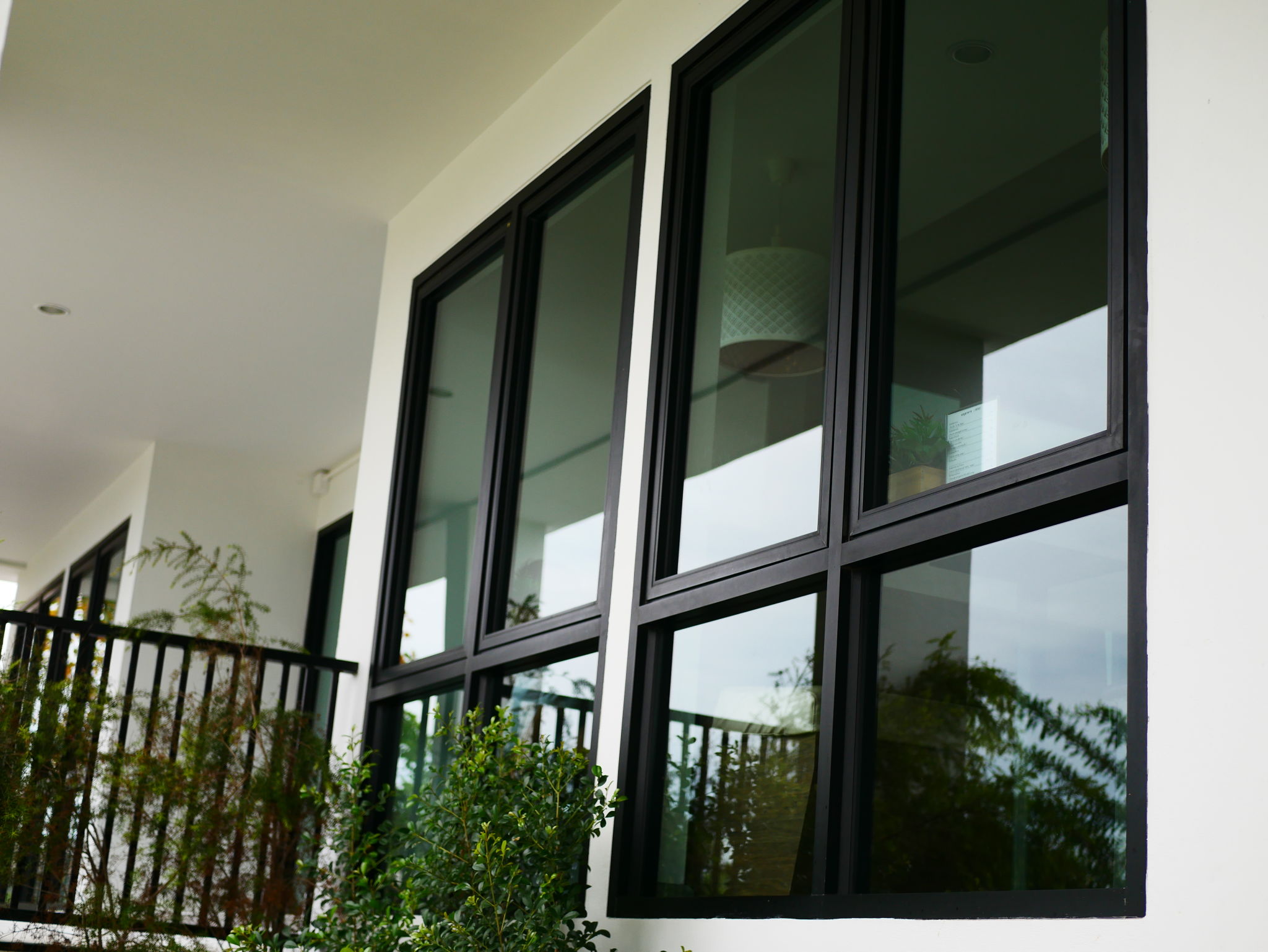Understanding South Florida's Building Codes and Regulations
Understanding South Florida's Building Codes and Regulations
Building codes and regulations are crucial in ensuring the safety, durability, and sustainability of structures. In South Florida, these regulations are especially important due to the region's unique environmental challenges, such as hurricanes and high humidity. Navigating these codes can be complex, but understanding them is essential for anyone involved in construction or real estate.

The Importance of Building Codes in South Florida
South Florida's building codes are designed to protect life and property by setting minimum standards for design, construction, and maintenance. Given the region's vulnerability to severe weather, these standards are particularly stringent. Builders must ensure that structures can withstand high winds and flying debris. This is not just about compliance; it's about safeguarding communities.
The codes also address issues such as energy efficiency and environmental impact. With rising energy costs and increasing awareness of climate change, adopting sustainable building practices is more important than ever. Compliance not only enhances safety but also contributes to a more sustainable future.

Key Elements of South Florida's Building Codes
Several key elements define South Florida's building codes. First and foremost is the wind load requirement. Structures must be designed to withstand winds of up to 175 mph, depending on their location. This is crucial for minimizing damage during hurricanes.
Another important aspect is the use of impact-resistant materials. Windows and doors must be able to resist impacts from debris driven by hurricane-force winds. Additionally, the codes specify guidelines for roofing materials and installation to prevent uplift during storms.

Compliance and Inspections
Compliance with South Florida's building codes is mandatory, and regular inspections are conducted to ensure adherence. These inspections cover all stages of construction, from foundation to finishing. It's important for builders to work closely with local authorities to meet all requirements and avoid costly delays.
For property owners, understanding inspection processes can help in planning renovations or new constructions. Engaging with certified professionals who are familiar with local codes can make the process smoother and more efficient.
Staying Updated with Code Changes
Building codes are not static; they evolve in response to new technologies, environmental challenges, and lessons learned from past events. In South Florida, staying updated with the latest code changes is crucial for anyone involved in construction or real estate development.
Local government websites and professional organizations often provide resources and training sessions to help industry professionals stay current. Regular consultation with architects and engineers can also ensure that projects meet the latest standards.

The Role of Technology in Building Code Compliance
Technology plays a significant role in helping builders comply with South Florida's building codes. From advanced design software that simulates wind loads to innovative materials that offer better resistance to environmental factors, technology aids in enhancing safety and efficiency.
Moreover, digital tools are available for tracking compliance and managing documentation, making it easier for builders to ensure that all requirements are met throughout the construction process.
In conclusion, understanding South Florida's building codes and regulations is essential for anyone involved in the construction industry or property development. By adhering to these standards, builders not only ensure compliance but also contribute to creating safer, more resilient communities capable of withstanding the unique challenges posed by the region's environment.